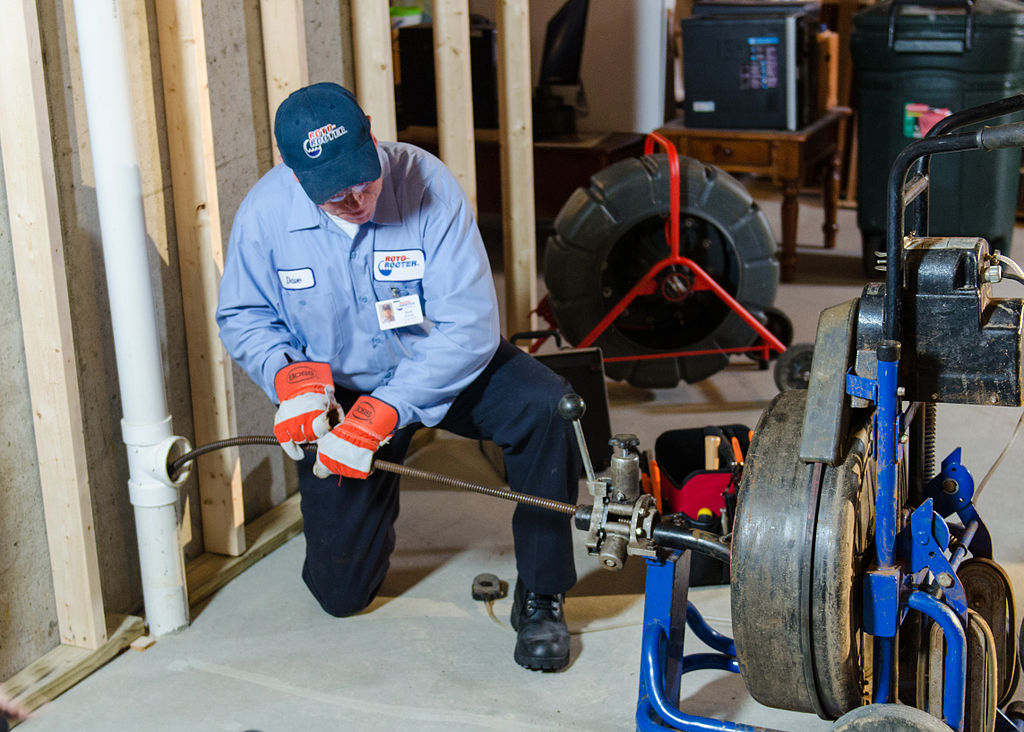Plumbing Careers in the United States: Opportunities and Requirements
Plumbing is a vital trade that plays a crucial role in maintaining the infrastructure of homes, businesses, and public facilities across the United States. As the demand for skilled tradespeople continues to grow, plumbing offers a promising career path for those interested in hands-on work and problem-solving. This article explores the landscape of plumbing jobs in the US, including career prospects, training requirements, and the steps to become a professional plumber.

How can one start a plumbing apprenticeship?
Beginning a plumbing career typically starts with an apprenticeship program. These programs combine on-the-job training with classroom instruction, usually lasting four to five years. To start an apprenticeship, candidates must:
-
Be at least 18 years old
-
Have a high school diploma or equivalent
-
Pass a basic math and reading test
-
Be physically capable of performing plumbing tasks
Apprenticeships can be found through unions, trade associations, or local plumbing companies. During this period, apprentices work under the supervision of experienced plumbers, gaining practical skills while earning a percentage of a journeyman plumber’s wage.
What training is required to become a licensed plumber?
Becoming a licensed plumber involves completing a comprehensive training program and meeting state-specific requirements. The typical path includes:
-
Completing an apprenticeship program (4-5 years)
-
Accumulating a specified number of work hours (usually 4,000-8,000)
-
Passing a licensing exam that tests knowledge of plumbing codes, safety practices, and trade skills
-
Continuing education to maintain licensure and stay current with industry standards
Some states may require additional certifications for specialized areas of plumbing, such as medical gas systems or backflow prevention. It’s important to check with local licensing boards for specific requirements in your area.
What are the job prospects for plumbers in the US?
The job outlook for plumbers in the United States is favorable. According to the Bureau of Labor Statistics, employment of plumbers, pipefitters, and steamfitters is projected to grow 5 percent from 2020 to 2030. This growth is driven by several factors:
-
New construction and building maintenance needs
-
Aging infrastructure requiring repair and replacement
-
Increasing emphasis on water efficiency and sustainable plumbing systems
-
Retirement of current workforce creating opportunities for new entrants
Plumbers can find employment in various settings, including residential service companies, commercial construction firms, and government agencies. Some experienced plumbers choose to start their own businesses, offering additional opportunities for career growth and financial success.
How much do plumbers earn in the United States?
Plumbing can be a financially rewarding career, with earnings potential varying based on experience, location, and specialization. Here’s an overview of plumber salaries in the US:
| Experience Level | Median Annual Salary | Salary Range |
|---|---|---|
| Apprentice | $35,000 - $45,000 | $30,000 - $55,000 |
| Journeyman | $55,000 - $70,000 | $45,000 - $85,000 |
| Master Plumber | $70,000 - $100,000+ | $60,000 - $120,000+ |
Prices, rates, or cost estimates mentioned in this article are based on the latest available information but may change over time. Independent research is advised before making financial decisions.
These figures can vary significantly based on factors such as geographic location, union membership, and industry demand. Plumbers working in metropolitan areas or specializing in high-demand sectors may earn salaries at the higher end of these ranges.
What are the challenges and rewards of a plumbing career?
Like any profession, plumbing comes with its own set of challenges and rewards. Plumbers often work in physically demanding conditions, sometimes in tight spaces or inclement weather. Emergency calls may require work outside of regular business hours. However, the trade also offers numerous benefits:
-
Job security due to consistent demand for plumbing services
-
Opportunity for entrepreneurship and business ownership
-
Satisfaction from solving problems and helping people
-
Potential for high earnings, especially for experienced plumbers
-
Diverse work environments and projects
For those who enjoy hands-on work, problem-solving, and providing essential services to their communities, a career in plumbing can be both challenging and fulfilling.
In conclusion, plumbing offers a stable and potentially lucrative career path in the United States. With proper training, dedication, and a willingness to continually learn and adapt to new technologies and techniques, aspiring plumbers can build rewarding careers in this essential trade. As the demand for skilled tradespeople continues to grow, opportunities in the plumbing industry are likely to remain abundant for the foreseeable future.






